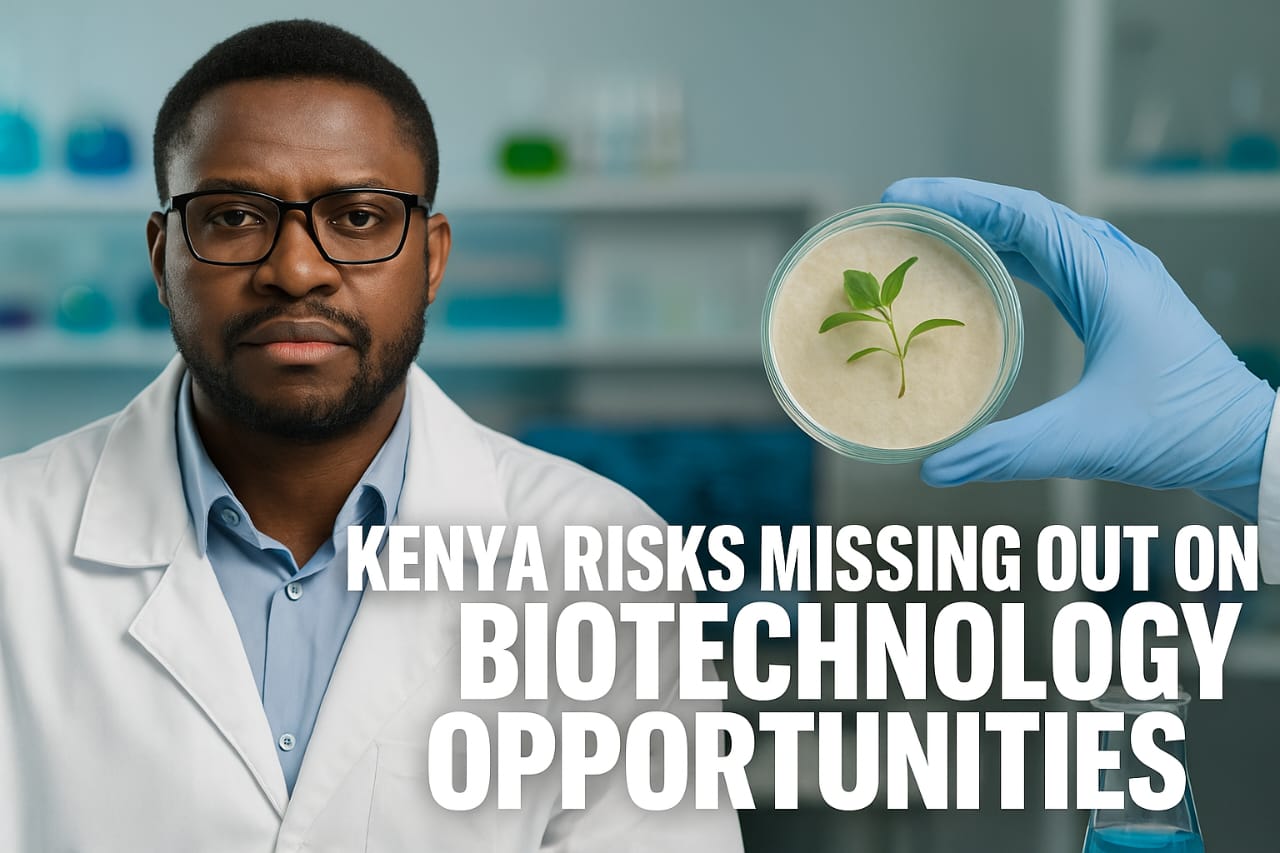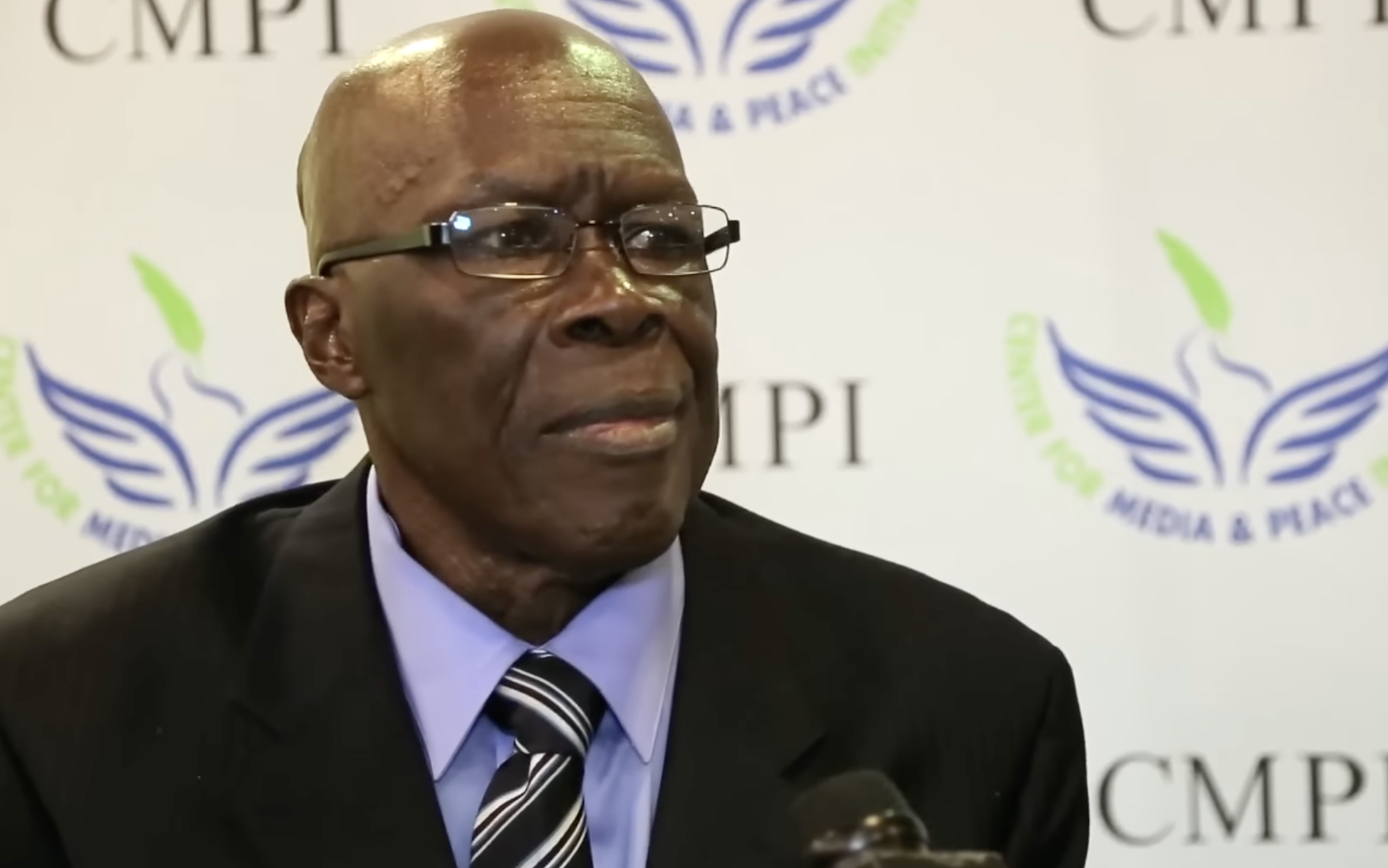Kenya missing out on trillion-dollar biotechnology boom, experts warn
 AI-GENERATED PHOTO
AI-GENERATED PHOTOKenya is at risk of missing out on the benefits of the rapidly growing global biotechnology industry, currently valued at Sh227.5 trillion.
This is according to Prof Douglas Miano from the department of plant science and crop protection at the University of Nairobi.
He said the global biotechnology market is growing at an annual rate of 12.5 per cent, and within the next decade, it’s expected to be worth between Sh671.84 trillion ($5.2 trillion) and Sh775.2 trillion ($6 trillion). African countries like Kenya account for only four to five per cent of this global market.
"Every year, over Sh64.6 trillion ($500 billion) is added to this industry, with the majority going to the US, Europe, and Latin America," he said.
"Africa is only getting a small share, yet biotechnology is all about life. It’s time we realise it's big business and make the most of it."
He spoke during the 13th Annual Biosafety Conference in Naivasha.
He urged Kenyans to have more faith in their local scientists and regulatory institutions.
"We need to trust our scientists. They are our family, our neighbours, and they are working for the common good," he said.
"We must also trust the regulators, they are Kenyans too, and they’re there to ensure safety. If the scientists and government say it’s safe, whose voice are we still waiting for?"
He said nearly half of the global biotechnology market is driven by medicine, with agriculture, marine, and industrial biotechnology making up the rest.
Agriculture CS Mutahi Kagwe, in remarks delivered by Harun Khator, Secretary of Administration at the State Department for Agriculture, said biotechnology offers powerful tools to improve productivity and help farmers cope with climate change.
"The use of modern biotechnology can transform agricultural value chains and enhance resilience to climate change," he said.
The conference, organised by the National Biosafety Authority (NBA), aims to raise public awareness on biosafety and explore new developments in biotechnology in line with the Cartagena Protocol and Kenya’s Biosafety Act.
The event comes as Kenya and the region look to science to secure food systems and raise farm productivity. However, Kagwe said progress is being hindered by legal battles.
“In October 2022, the government lifted the 10-year ban on GM crops and animal feeds, based on scientific evidence and a strong regulatory framework,” he said.
“Unfortunately, ongoing litigation threatens to derail the adoption of these modern technologies that could help us combat pests, drought, weeds and crop diseases.”
Kagwe said the ministry is committed to supporting the NBA with funding and a review of the Biosafety Act of 2009 to align with emerging technologies and the NBA Strategic Plan 2023–27.
NBA acting CEO Nehemiah Ngetich pointed out the importance of building public trust and understanding of GMOs.
"Biotechnology is advancing quickly around the world, and Kenya must not be left behind," he said.
“We aim to create a biosafe nation grounded in trust, safety, and public awareness.”
He acknowledged public skepticism fuelled by misinformation and fear and said the authority is conducting nationwide awareness campaigns to clarify its role in regulating GMOs.
"As Kenya advances in biotechnology, we are committed to ensuring the safe and timely adoption of innovations that can help the country move forward," Ngetich added.












